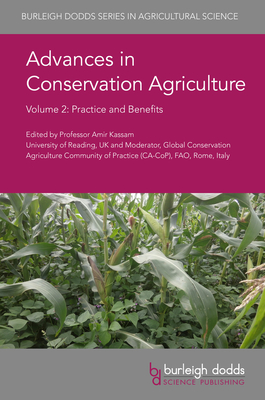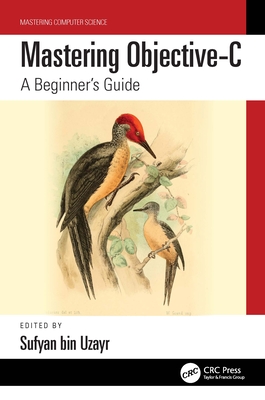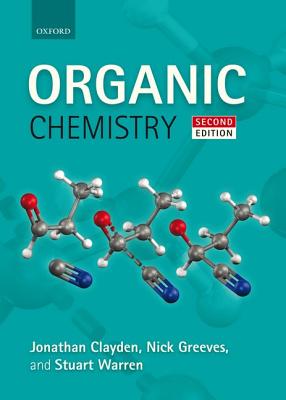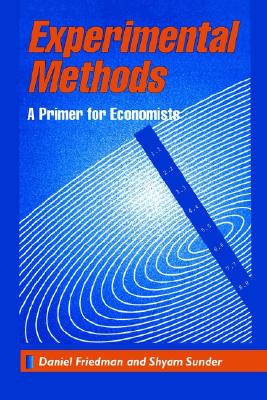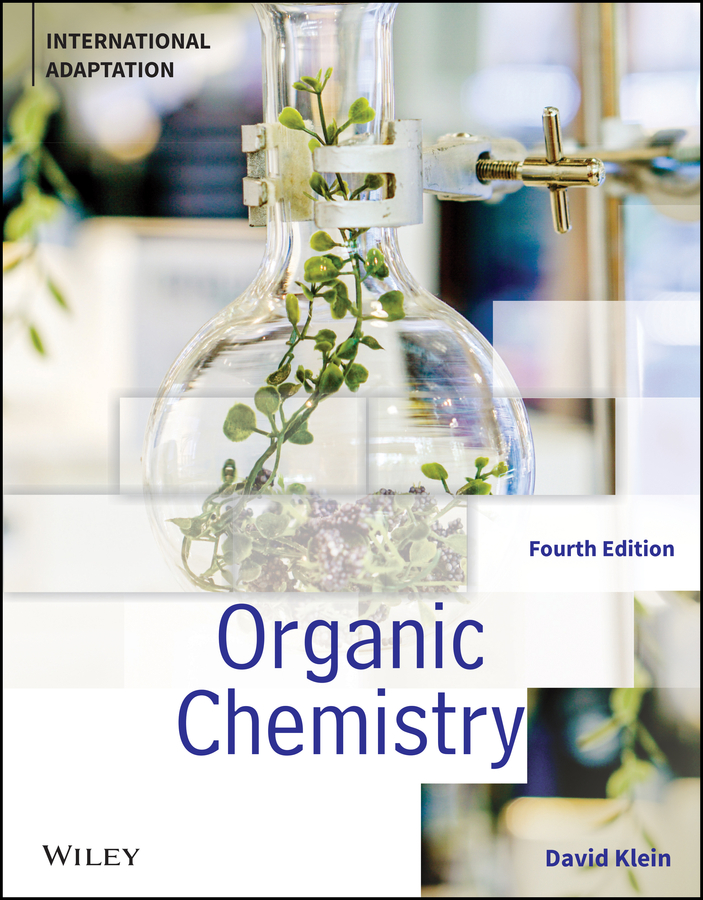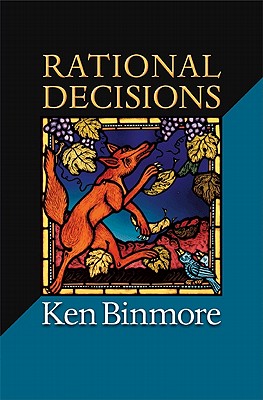图书简介
"What Dr Samuel Johnson did for English, Professor Amir Kassam has done for Conservation Agriculture (CA). He is eminently well qualified and has enlisted more than a hundred battle-hardened champions to contribute 26 chapters amounting to over a thousand scholarly pages. The content is formidable. Volume one, Systems and Science, embraces: the need for CA; global developments; soil health and landscape management; the roles of minimum soil disturbance, mulch and cover crops; crops and cropping systems, vegetable systems, perennial systems; integration of cropping and livestock; mechanization; certification; institutional and policy support. Volume two, Practice and Benefits, includes management of crops and cropping systems, soil, weeds, insect pests and disease, nutrients, carbon, and biodiversity; climate change mitigation and adaptation; benefits to farmers and society; ecosystem services; and rehabilitation of degraded farmland…This book can change the future."review by David Dent in International Journal of Environmental Studies This collection reviews ways of optimising Conservation Agricultural (CA) practices and their benefits. Chapters summarise research on optimising soil management, crop nutrition and irrigation, as well as weed, insect pest and disease management. The book also reviews ways of optimising the environmental and social benefits of adopting CA practices. Chapters discuss carbon and biodiversity management, the ways CA can promote ecosystem services as well as the use of life cycle assessment (LCA) techniques to monitor and improve CA. There are also chapters on improving the economic and broader social benefits of CA for farming communities.
1.Practice and benefits of Conservation Agriculture systems: Amir Kassam, University of Reading, UK; and Laila Kassam, Animal Think Tank, UK; 2.Crop and cropping systems management practices and benefits in Conservation Agriculture systems: Muhammad Farooq, Sultan Qaboos University, Oman, University of Agriculture, Pakistan, and The University of Western Australia, Australia; Ahmad Nawaz, Bahauddin Zakariya University, Pakistan; Yashpal Singh Saharawat, International Center for Agricultural Research in the Dry Areas (ICARDA), Lebanon; Timothy Reeves, The University of Melbourne, Australia; and Kadambot Siddique, The University of Western Australia, Australia; 3.Soil management practices and benefits in Conservation Agriculture systems: Michele Pisante, University of Teramo, Italy; Angelica Galieni, Council for Agricultural Research and Economics and Research Centre for Vegetable and Ornamental Crops, Italy; Gottlieb Basch, University of Evora, Portugal; Theodor Friedrich, Food and Agriculture Organization of the United Nations (FAO), Italy; and Fabio Stagnari, University of Teramo, Italy; 4.Weed management practices and benefits in Conservation Agriculture systems: Gottlieb Basch and Fernando Teixeira, University of Evora, Portugal; and Sjoerd W. Duiker, Penn State University, USA; 5.Insect pest and disease management practices and benefits in Conservation Agriculture systems: a case of push-pull practice: Z. R. Khan, International Centre of Insect Physiology and Ecology (icipe), Kenya; A. W. Murage, Kenya Agricultural and Livestock Research Organization (KALRO), Kenya; and J. O. Pittchar and C. A. O. Midega, International Centre of Insect Physiology and Ecology (icipe), Kenya; 6.Nutrient management practices and benefits in Conservation Agriculture systems: Stephane Boulakia, Florent Tivet and Olivier Husson, Centre de cooperation Internationale en Recherche Agronomique pour le Developpement (CIRAD), France; and Lucien Seguy, AgroecoRiz, France; 7.Carbon management practices and benefits in Conservation Agriculture systems: Carbon sequestration rates Joao Carlos de Moraes Sa, State University of Ponta Grossa, Brazil; Florent Tivet, Centre de cooperation Internationale en Recherche Agronomique pour le Developpement (CIRAD), France; Rattan Lal, The Ohio State University, USA; Ademir de Oliveira Ferreira, Federal Rural University of Pernambuco, Brazil; Clever Briedis, Brazilian Agricultural Research Corporation, Agricultural Instrumentation Center, Brazil; Thiago Massao Inagaki, Technical University of Munich, Germany; and Daniel Potma Goncalves and Jucimare Romaniw, State University of Ponta Grossa, Brazil; 8.Carbon management practices and benefits in Conservation Agriculture systems: soil organic carbon fraction losses and restoration: Joao Carlos de Moraes Sa, State University of Ponta Grossa, Brazil; Florent Tivet, CIRAD, France; Rattan Lal, The Ohio State University, USA; Ademir de Oliveira Ferreira, Federal Rural University of Pernambuco, Brazil; Clever Briedis, Brazilian Agricultural Research Corporation, Agricultural Instrumentation Center, Brazil; Thiago Massao Inagaki, Technical University of Munich, Germany; and Daniel Potma Goncalves and Jucimare Romaniw, State University of Ponta Grossa, Brazil; 9.Biodiversity management practices and benefits in Conservation Agriculture systems: Scott Day, Treelane Farms Ltd, Canada; Ademir Calegari, Agricultural Research Institute of Parana State (IAPAR), Brazil; Alessandra Santos, Marcus Cremonesi, Lilianne Maia and Wilian Demetrio, Federal University of Parana, Brazil; and Marie L. C. Bartz, Coimbra University, Portugal; 10.Conservation Agriculture: climate change mitigation and adaptation benefits: Emilio J. Gonzalez Sanchez, Universidad de Cordoba, Spain, European Conservation Agriculture Federation (ECAF), Belgium and Asociacion Espanola Agricultura de Conservacion. Suelos Vivos (AEAC.SV), Spain; Oscar Veroz-Gonzalez, Asociacion Espanola Agricultura de Conservacion. Suelos Vivos (AEAC.SV), Spain; Manuel Morena-Garcia and Rafaela Ordonez-Fernandez, IFAPA Centro Alameda del Obispo, Spain; Jesus A. Gil-Ribes and Julio Roman-Vazquez, Universidad de Cordoba, Spain; Antonio Holgado-Cabrera, IFAPA Centro Alameda del Obispo, Spain; Amir Kassam, University of Reading, UK; Gordon Conway, Imperial College London, UK; Saidi Mkomwa, African Conservation Tillage Network, Kenya; Paula Trivino-Tarradas, Antonio Miranda-Fuentes and Francisco Marquez-Garcia, Universidad de Cordoba, Spain; and Rosa M. Carbonell-Bojollo, IFAPA Centro Alameda del Obispo, Spain; 11.Benefits of Conservation Agriculture to farmers and society: Patrick Wall, Independent Consultant - Sustainable Agricultural Systems, Mexico; Christian Thierfelder, International Maize and Wheat Improvement Center (CIMMYT), Zimbabwe; Peter Hobbs, Cornell University, USA; Jon Hellin, International Rice Research Institute (IRRI), The Philippines; and Bram Govaerts, International Maize and Wheat Improvement Center (CIMMYT), Mexico; 12.Social benefits of Conservation Agriculture systems: Rafael Fuentes Llanillo, Tiago Santos Telles and Dimas Soares Junior, Agricultural Research Institute of Parana State (IAPAR), Brazil; Sara Kaweesa, University of Natural Resources and Life Sciences (BOKU), Austria; and Anne-Marie B. Mayer, Independent Nutrition and Agriculture Consultant, UK; 13.Harnessing ecosystem services with Conservation Agriculture: Amir Kassam, University of Reading, UK; Emilio J. Gonzalez Sanchez, Universidad de Cordoba, Spain,European Conservation Agriculture Federation (ECAF), Belgium and Asociacion Espanola Agricultura de Conservacion. Suelos Vivos (AEAC.SV), Spain; Tom Goddard, Alberta Agriculture and Forestry, Canada; Li Hongwen, Conservation Tillage Research Centre, China Agriculture University, China; Ivo Mello, Instituto Rio Grandense do Arroz, Brazil; Saidi Mkomwa, African Conservation Tillage Network, Kenya; Francis Shaxson, Land Husbandry Group, Tropical Agricultural Association, UK; and Theodor Friedrich, Food and Agriculture Organization of the United Nations (FAO), Italy; 14.Rehabilitating degraded and abandoned agricultural lands with Conservation Agriculture systems: Telmo Jorge Carneiro Amado, Federal University of Santa Maria, Brazil; Carlos Alexandre Costa Crusciol, Sao Paulo State University (UNESP), Brazil; Claudio Hideo Martins da Costa, Universidade Federal de Goias, Brazil; Otavio dos Anjos Leal, Catarinense Federal Institute, Brazil; and Luan Pierre Pott, Federal University of Santa Maria, Brazil;
Trade Policy 买家须知
- 关于产品:
- ● 正版保障:本网站隶属于中国国际图书贸易集团公司,确保所有图书都是100%正版。
- ● 环保纸张:进口图书大多使用的都是环保轻型张,颜色偏黄,重量比较轻。
- ● 毛边版:即书翻页的地方,故意做成了参差不齐的样子,一般为精装版,更具收藏价值。
关于退换货:- 由于预订产品的特殊性,采购订单正式发订后,买方不得无故取消全部或部分产品的订购。
- 由于进口图书的特殊性,发生以下情况的,请直接拒收货物,由快递返回:
- ● 外包装破损/发错货/少发货/图书外观破损/图书配件不全(例如:光盘等)
并请在工作日通过电话400-008-1110联系我们。
- 签收后,如发生以下情况,请在签收后的5个工作日内联系客服办理退换货:
- ● 缺页/错页/错印/脱线
关于发货时间:- 一般情况下:
- ●【现货】 下单后48小时内由北京(库房)发出快递。
- ●【预订】【预售】下单后国外发货,到货时间预计5-8周左右,店铺默认中通快递,如需顺丰快递邮费到付。
- ● 需要开具发票的客户,发货时间可能在上述基础上再延后1-2个工作日(紧急发票需求,请联系010-68433105/3213);
- ● 如遇其他特殊原因,对发货时间有影响的,我们会第一时间在网站公告,敬请留意。
关于到货时间:- 由于进口图书入境入库后,都是委托第三方快递发货,所以我们只能保证在规定时间内发出,但无法为您保证确切的到货时间。
- ● 主要城市一般2-4天
- ● 偏远地区一般4-7天
关于接听咨询电话的时间:- 010-68433105/3213正常接听咨询电话的时间为:周一至周五上午8:30~下午5:00,周六、日及法定节假日休息,将无法接听来电,敬请谅解。
- 其它时间您也可以通过邮件联系我们:customer@readgo.cn,工作日会优先处理。
关于快递:- ● 已付款订单:主要由中通、宅急送负责派送,订单进度查询请拨打010-68433105/3213。
本书暂无推荐
本书暂无推荐
